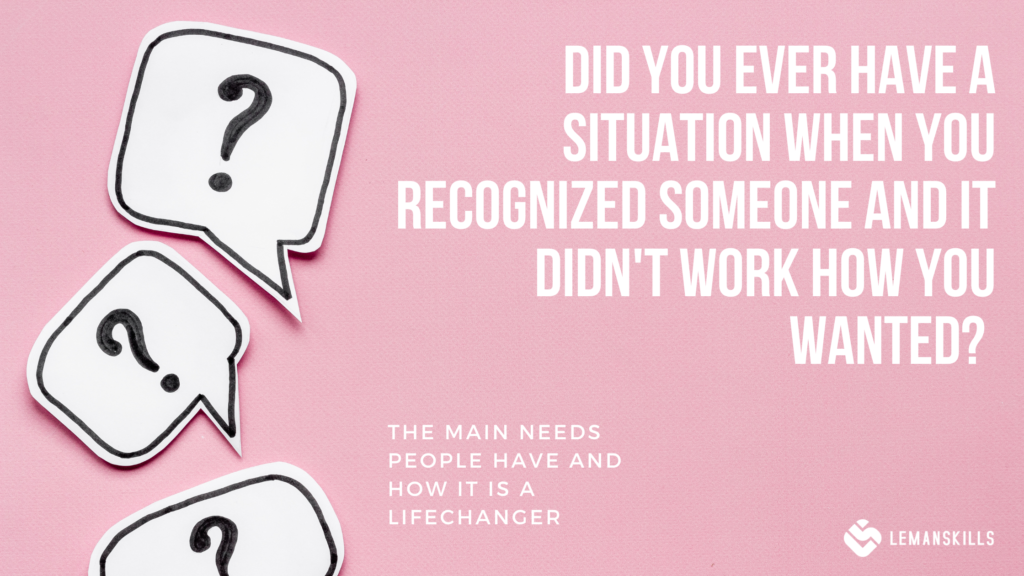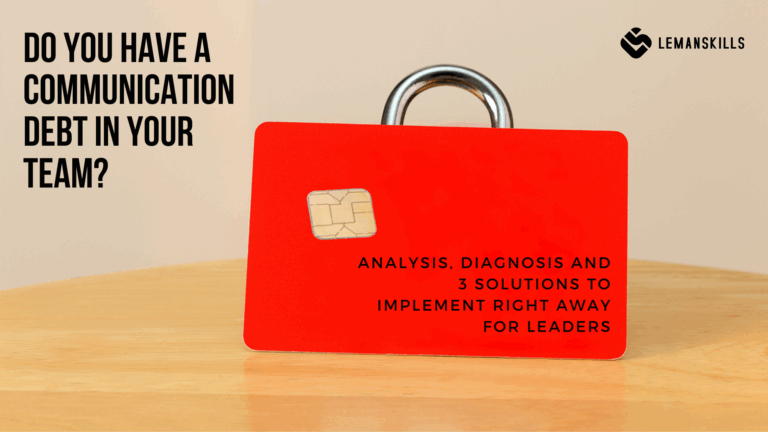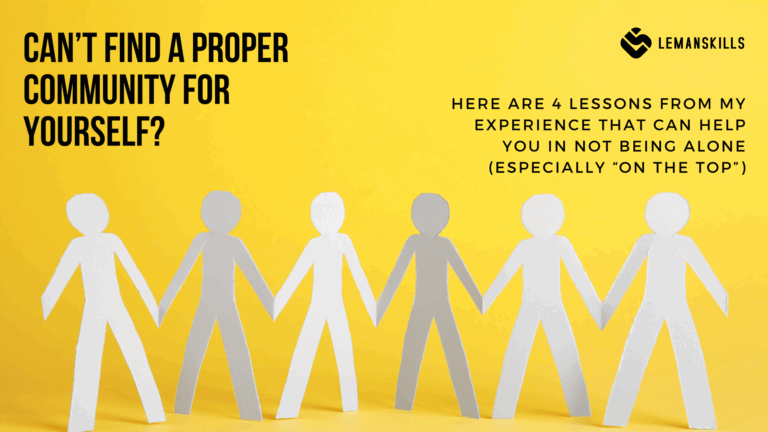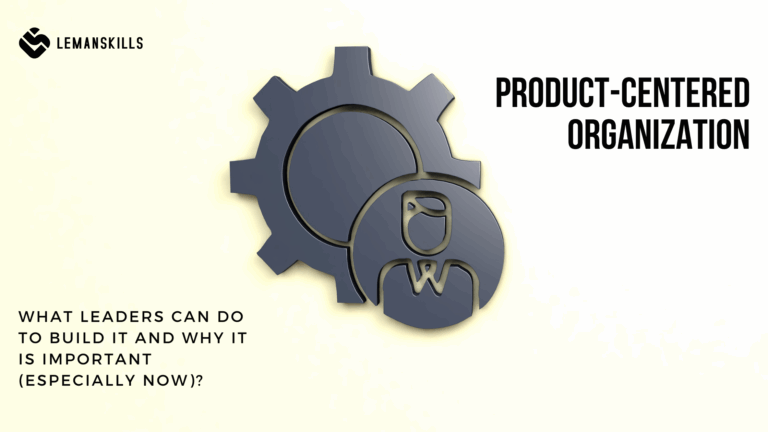In the first article, I mentioned a few elements about the framework of Process Communication Model (PCM) and I’ve shared how much it changed the way I look at the communication itself, but also at differences (and similarities) that we have as people. It appeared that even if you know a lot of things, you can always learn something that can be a groundbreaking experience for you. And what can change the way you think about yourself and the world that is around you.
What stopped me when I’ve started learning about PCM was many different elements of it that create the whole puzzle which describes the while structure of peoples’ personalities. And what’s inside of this: behaviors, the ways of reacting in certain situations (in a reaction for a certain stimuli or trigger), their preferences regarding the way they communicate, but also the way they want to receive communication from others.
One of those elements that are extremely important in PCM’s structure are main psychological needs. What are they for each of 6 types of personality? Why we even talk about them? What happens when they are not covered? Let’s dig deeper into that space today.
What Are the Main Psychological Needs in PCM?
Each of 6 personality types in PCM has their own psychological need or needs. It is one or two the most important things that they seek to cover to feel balanced and to not go into distress. Meaning: if the main psychological need(s) is/are safe, a person is in a good shape and has access to their resources to make good decisions or solve problems in an optimal way.
You can find below the structure way of those needs.
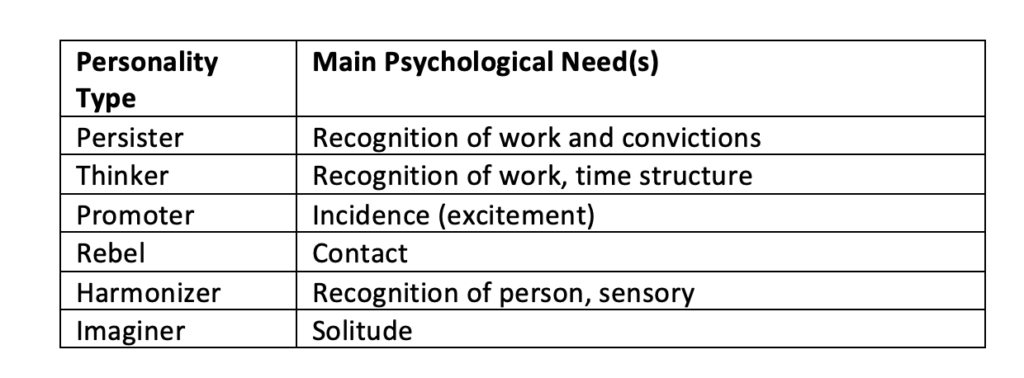
Recognition of work means that the value that Persister and Thinker bring to the table in a work environment is visible and appreciated by others. Hard work, quality and time they’ve invested into a certain thing is worth the outcome and important for others who recognize that.
Recognition of convictions for Persister means that what they value and that kind of beliefs and opinions they have regarding certain thing are meaningful for others.
Time structure for Thinker means that there is an order of their structure of day, rituals, tasks they cover during the day (private and/or personal). It can be a structure around work/goals that are on the list for a week or month. The key here is to have everything in place, with a space to adapt it, if needed.
Incidence for Promoter exists when things are happening. There is action, excitement brought by successfully delivered tasks, projects, achieved goals or key milestones on a path they follow.
Being in contact for Rebel is a key thing since they need other people, space to discuss things, like or dislike them together. They need to have an external source of energy, making them feel that they have connection with the world that is around them.
Recognition of person is quite different from recognition of work that was mentioned for Persister and Thinker. Recognition of person means that Harmonizer is seen as a person. That it’s good that they are there, they bring value to others by their existence. They are an important key player in the team.
Because Harmonizers are using all their senses to experience the world that is around them, sensory is one of their main needs. It means that they need to have visuals (i.e., colorful spaces or art around them), sounds (may be different in terms of individual preferences), smells (like fresh bread, paint or grass), something they can touch (like nice fabric textures of furniture). It’s about feeding the senses they use to experience the reality.
Solitude for Imaginers is a space where they can reflect on all those things that are in their heads. It doesn’t mean that they want to be alone all the time: it means that they need space, time and (most of the time) silence to recuperate and make space for their brains to work properly.
What Happens When the Needs Are Not Covered?
Once we know who we are and who are people that are around us (our children, significant other, friends, coworkers or direct reports), we have a ready solution to work with them.
Your child is a Thinker? Give them recognition sign every time when they do something good in a workspace area (it can be about cleaning up their room or doing their homework).
Your employee is a Harmonizer? Sit with them in a nice, colorful, closed room, give them a hot tea in a ribbed cup and say that it’s good to see them and have them in the team.
But if you have a partner who is a Persister and you say to them after a great speech that they’ve just delivered that they look pretty, guess what happens? They can start feeling frustrated, since they’ve got not the right recognition (they seek for recognition of work, but they’ve got a recognition of person). Your intention was good, so you can be surprised that the reaction is not like you aimed for. The key thing here is to understand that it’s not about you: it’s about their need that was not fed in a right way.
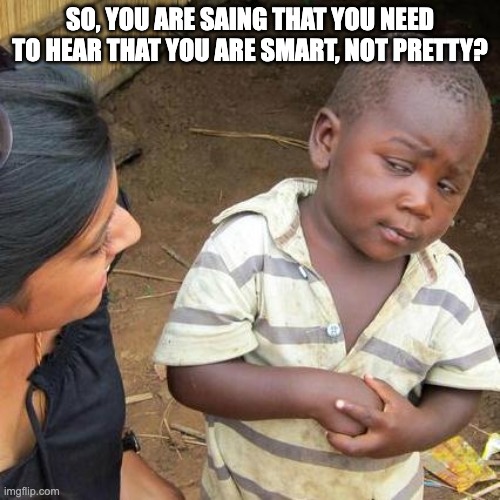
So, what happens when those main psychological needs are not covered properly? The person goes into distress. Meaning: they go and act not from their resources, but from their driver behavior. They might seem irrational, not accepting other peoples’ mistakes or closing themselves and doing everything on their own. Depends on the driver a certain person has and what happens with them in distress zone.
The point is: when basic psychological needs are not fed, a person is not in contact with themselves, not making optimal decisions, might feel like they are not the best version of themselves. They might make mistakes, be sloppy, forget things, being mean, acting scared or resist all the time. A behavior depends on a person, but the main thing is every single one of us is not the best partner to work or live with when we are in this state of mind.
Is It Possible to Stop the Madness?
It is very much possible!
As mentioned in the previous section, once you know (or knowing enough about PCM to make a strong hypothesis about the other person) who the other person is, you can be more mindful about answering to those needs.
If you know that your child is an Imaginer, you can give them some space in a closed room and come for them in an hour or two to have a dinner together.
If you have an employee that is a Promoter, you give them new projects or tasks more frequently than to others, have enthusiastic conversations about what’s going on in their lives and what you can do together right away.
If you have a partner that is a Harmonizer, cuddle them and say that you love them more that once per year. It should work good for both sides of this relationship.
Every time you see that something feels odd, or you just want to prevent the bad mood of a certain person, you bring this table above to your brain and use it. Be smart about using it though: remember that covering the wrong need can do more harm than good. Good intention is a base of everything, but the next step is to be mindful in the communication to have the result that we aim for.
The Bottom Line
One of the most important things while working, living and having relationship with other people is to answer to the right psychological needs those people have. Being mindful about it and tailoring your reactions to certain behaviors is the key to have healthy relations with others, and to make them feel good around you. When they feel good around you, there is a trust that is a fundament of every healthy relationship, regardless of the area of your life.
When somebody is acting like they are not themselves, take a step back and think about their main psychological needs. Can those be frustrated? If yes, try to feed them and observe the difference in peoples’ behavior. I can tell you for sure that when you start doing it, you will see that you have more influence on that than you think. It’s not such a huge effort to be smarter in how you talk to others, how you react on what they need. And the results can be surprising.

